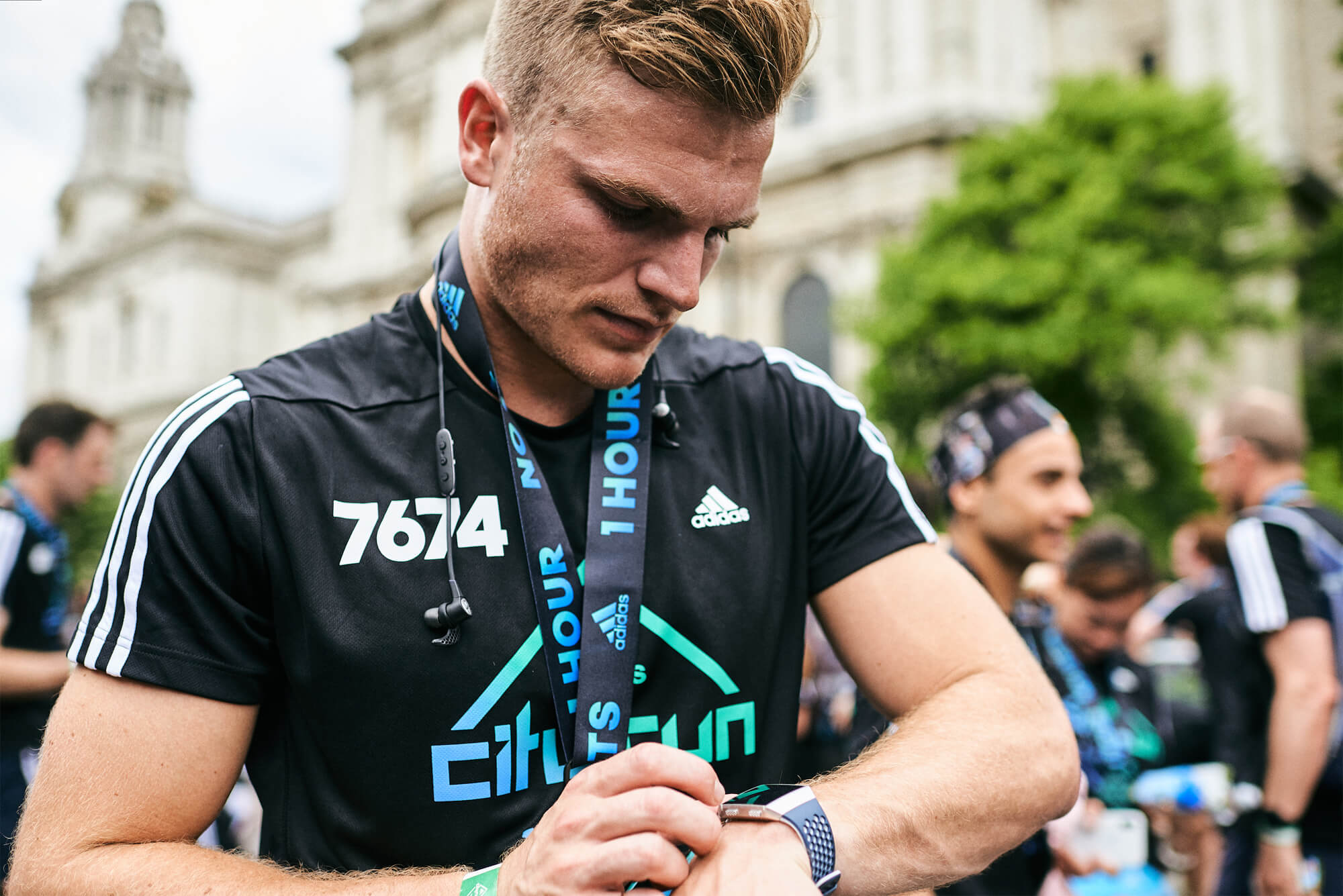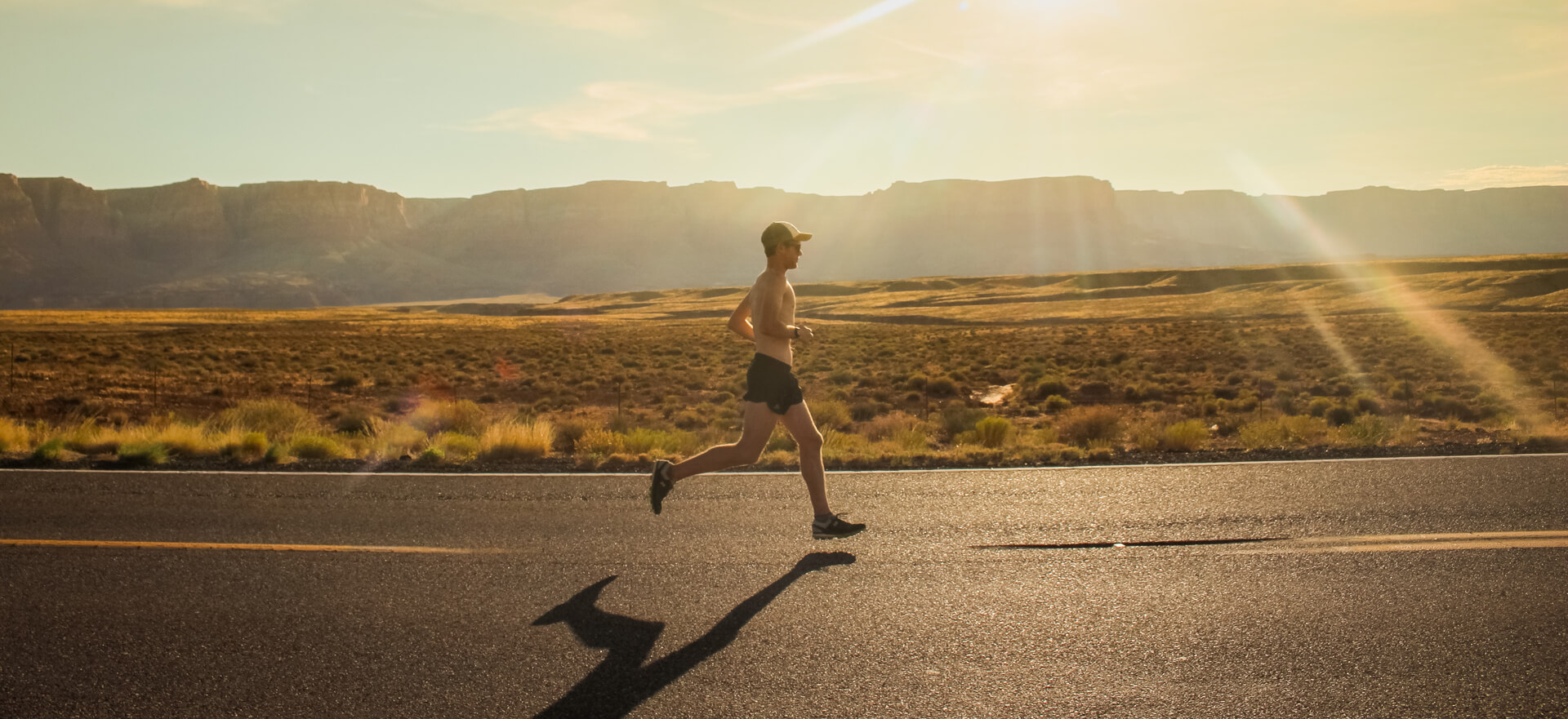Yesterday we posted that the Holiday Inn, official hotel partner of the London Marathon, has joined forces with two of the UK’s leading body and mind training experts. Sammy Margo (published author and physio who has worked with Premier League teams) and leading mental performance coach Andy Barton (whose clients include top footballers, golfers and Olympians).
We also promised that in the coming days, we would release each of their top training tips. So today we start with Sammy Margo’s:
Section 1
Build a bedtime routine
Think about sleep as more of a dimmer switch than on-off switch, when it comes to your body. Try to set aside time in your day to unwind and settle before you sleep, setting yourself a technology cut-off time and avoiding any smartphone use in the bedroom. Research has shown that the emission of blue light from these devices can interfere with the release of your sleep hormone, Melatonin, which will in turn affect the quality of your sleep. Have a relaxing shower or bath, listen to some soothing music or an audiobook with a warm glass of milk or chamomile tea. Also, dim the lights to increase your chances of getting plenty of recovery-friendly sleep and keep your body fit.
Sleep comfortably
Just as there are good standing and sitting postures, there is also a great sleeping posture; essentially one that ensures your body is in the midline position with no twists or turns. This can make the difference between a good and bad night’s sleep, particularly if you’ve been putting your body through its paces with intensive training. Make sure that whatever position you sleep in, your body is supported whilst maintaining the natural curves of the spine to minimise stresses and strains, and try to select pillows that hold your neck in the right position.
Wake up well
If you need to run in the morning then it’s important to wake up feeling good. During the night you’ll go through cycles of sleep, typically lasting between 90 and 110 minutes each, varying between light and deep sleep. It’s when your alarm wakes you from deep sleep that you will feel groggy. Sleep apps and wearable technology will monitor your sleeping patterns so you can figure out what your cycles are. This gives you the opportunity to set your alarm to wake you when you’re in a light sleep cycle and therefore more likely to feel refreshed and ready for the early morning run.
Use rest to help recovery
You risk injury if you increase frequency, duration or intensity of training too quickly. Your body’s tissue tolerance to loading can only be pushed so far, effectively having a ‘plastic limit’, much like those old rulers that you could bend and bend until the moment they snapped. This means that too much training coupled with too little recovery is not a good thing. If you are recovering from an injury or overtraining, you will need to take some time out and embrace a little “active rest”. Active rest is an activity that keeps you moving but at a greatly reduced intensity or duration, like running a shorter distance on a softer surface, or swimming a few lengths and then gradually increasing distance and speed over time until you’re back to full training pace. You may wish to dedicate some time to working on your core too, as this will make you less prone to injury.
Section 2
Indulge in snooze foods
Foods that contain Tryptophan can help to promote restful sleep as it’s the catalyst to the hormone, Melatonin, so try to include some of these foods as part of your evening meal. Bananas, for example, are practically a sleeping pill in a peel, while turkey is one of the most famous sources of Tryptophan. Marmite, almonds, oatmeal and warm milk are also effective, particularly when combined with carbohydrates. This means something like Marmite or bananas on toast are great evening snacks if you’re struggling to get to sleep.
Know your stimulant and sedative cycles
Understanding the potential effects of common stimulants and sedatives means you’re well equipped to know when to avoid them… or when to use them. Alcohol is a key sedative that’s wise to moderate during training. Although alcohol can help you feel relaxed, it may prevent you from getting into the deeper healing stages of deep restorative sleep which is crucial for recovery. Conversely, caffeine is a well-known stimulant that can help your performance, but avoid drinking it between three and eight hours before bedtime, depending on how sensitive you are to its effects.
Understand your sleep states
The first few hours of sleep before midnight are when you reach a deep slow-wave sleep (SWS), which is the best time for recovery. An hour of sleep before midnight is worth two hours afterwards, so for maximum body repair where tissues regrow, bone and muscles build and the immune system strengthens, it can be beneficial to get an early night. In deep sleep there are two states: repetitive eye movement (REM) when you’re likely to dream, and non-repetitive eye movement (non-REM), when the body is doing virtually nothing. During the non-REM state, parasympathetic nervous system activity is high, which encourages protein synthesis and that’s ideal for running recovery.
Section 3
Take your bedroom home and away
For the best chance of a peaceful night’s sleep make your bedroom a safe haven to rest and recover, somewhere quiet, dark, comfortable and cool. A temperature between 16-18°C is perfect, and certainly no higher than 21°C. Make sure your feet are not too cold though. Having cold feet actually reduces your chances of unbroken sleep, so bed socks can be a very wise investment. When staying in a hotel, especially before the Marathon, try to replicate the calm of home by asking reception for a ‘soft’ or ‘firm’ pillow, an eye mask and ear plugs, and try to get a room with an eastern or southern exposure to benefit from some revitalising morning sun.
Return to sleep
Although you may be able to get off to sleep easily, waking in the night is common especially in anticipation of the big day. If you wake in the night avoid ‘clock watching countdown’. Turn the clock to face away or cover it up. If you feel that you have been in bed for longer than 20 minutes without catching any zzz’s then leave the ‘sleepless zone’. Get up and do something light such as emptying the dishwasher, drinking a cup of chamomile tea or reading a magazine article, then re-enter your bed as if you’re starting your sleep again.
Breathe easily
There are several proven techniques to help you unwind if you’re worrying about your next run, one of which is called Progressive Muscle Relaxation (PMR). PMR is a great way to help you unwind and prepare your body for sleep. It involves tensing and relaxing your muscles from your toes to your forehead. Squeeze each muscle group for a few seconds then release and relax for ten seconds before moving onto the next, all the while taking deep breaths in and out. Studies have shown that PMR can reduce cortisol levels, a steroid hormone associated with stress that can play havoc with your ability to get to sleep.







